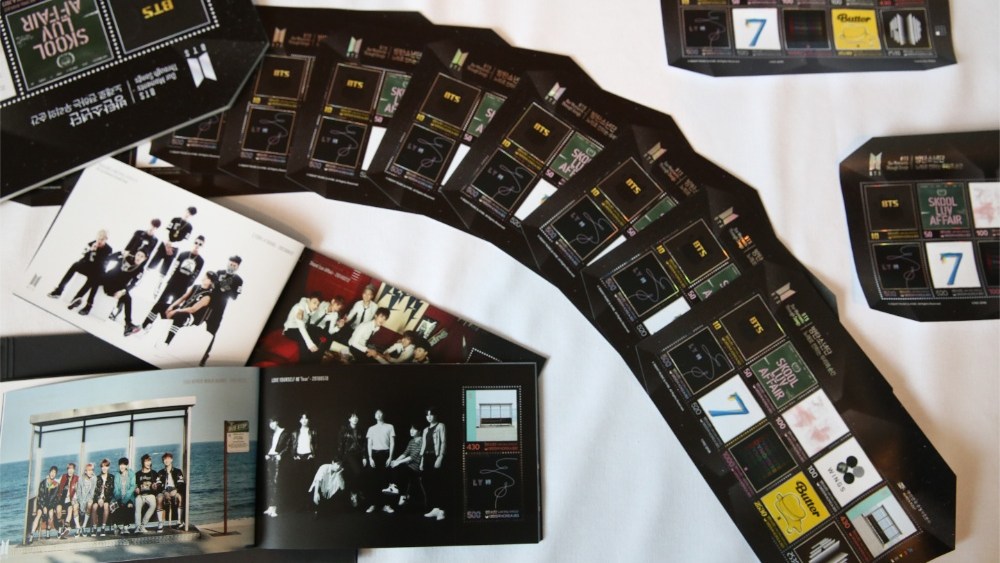In an industry first, K-pop CD sales surpassed 100 million units in 2023, marking a 50% increase from the previous year despite the dominance of digital streaming. However, this milestone has raised concerns about the mounting environmental impact of physical album production, according to a report from French news agency AFP.
According to a study by Britain’s Keele University, producing a single CD generates approximately 500 grams of carbon emissions, per the AFP report. Environmental group Kpop4Planet, founded in 2020 by an Indonesian fan, has calculated that weekly sales from just one top K-pop group could generate emissions “equivalent to flying around the Earth 74 times.”
The surge in physical sales stems from sophisticated marketing strategies employed by music labels. Albums frequently include collectible items like limited edition “photocards” of artists or chances to win video calls with performers. “Each album is basically a lottery ticket,” K-pop fan Roza De Jong told AFP. “The narrative is very much ‘the more you buy, the bigger your chance.’”
HYBE, the entertainment powerhouse behind BTS, responded to environmental concerns, telling AFP they are “using eco-friendly materials for our albums, video publications and official merchandise, minimizing plastics,” though specific details weren’t provided.
Industry analysts note that album production increased significantly during the pandemic as labels sought to offset lost touring revenue. Notable sales include Seventeen’s “FML,” which became K-pop’s highest-selling single album in 2023 with 5.5 million copies sold.
South Korea‘s environment ministry has attempted to address the issue with penalties since 2003, but the fines remain minimal compared to album revenue. In 2023, labels were charged approximately KRW2 billion ($143,000), according to Yoon Hye-rin, deputy director of the ministry’s Resource Circulation Policy Division.
Kpop4Planet continues to advocate for change through protests outside music label headquarters and petition campaigns targeting what they term “Plastic Album Sins.” The group aims to hold the industry accountable while supporting artists themselves, acknowledging that “boycotting isn’t an option” for dedicated fans.
Read the full article here








